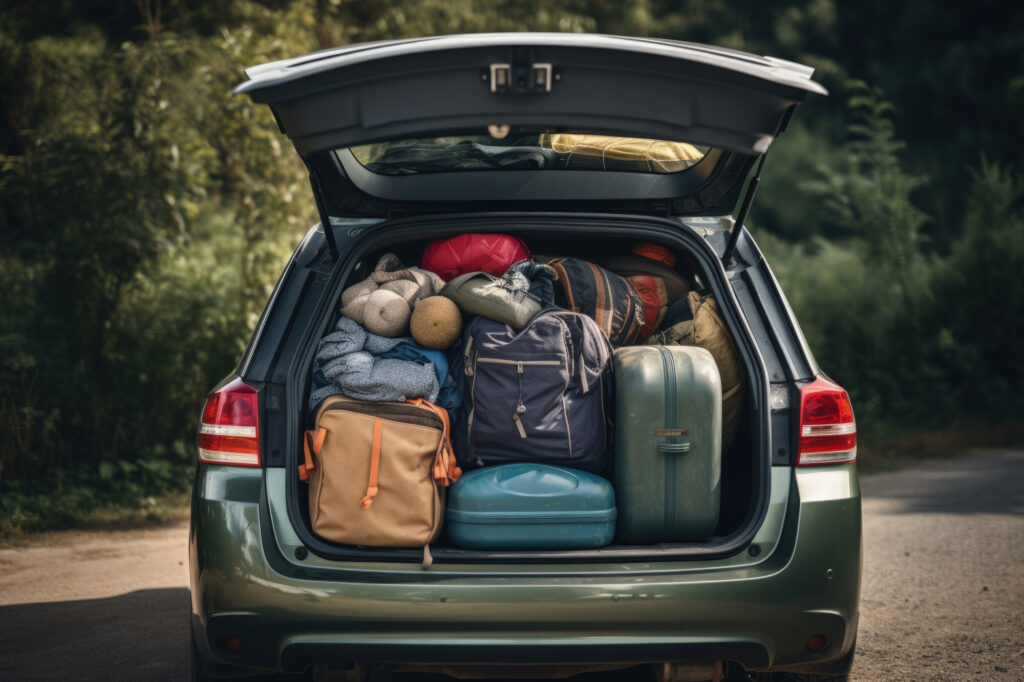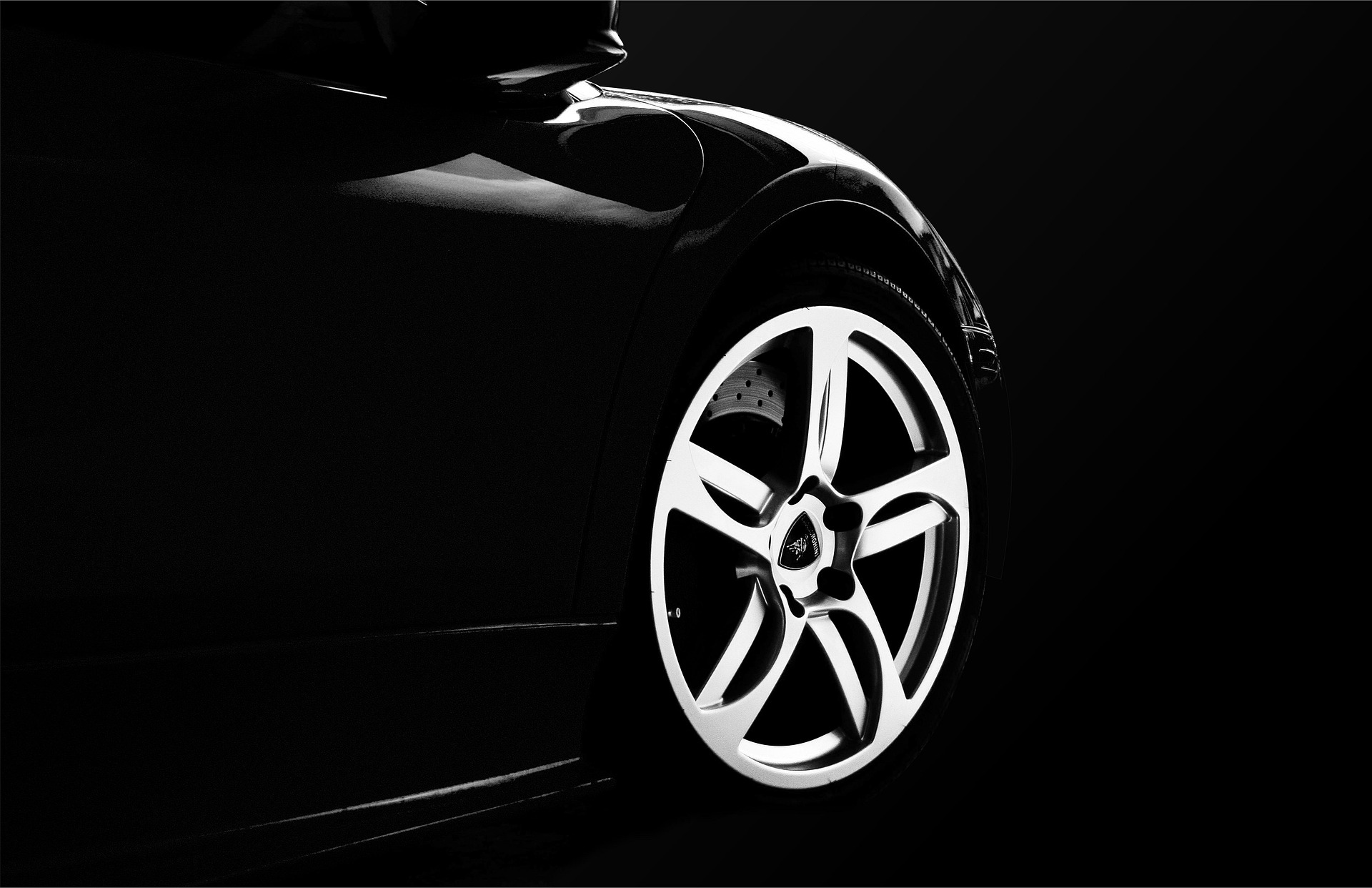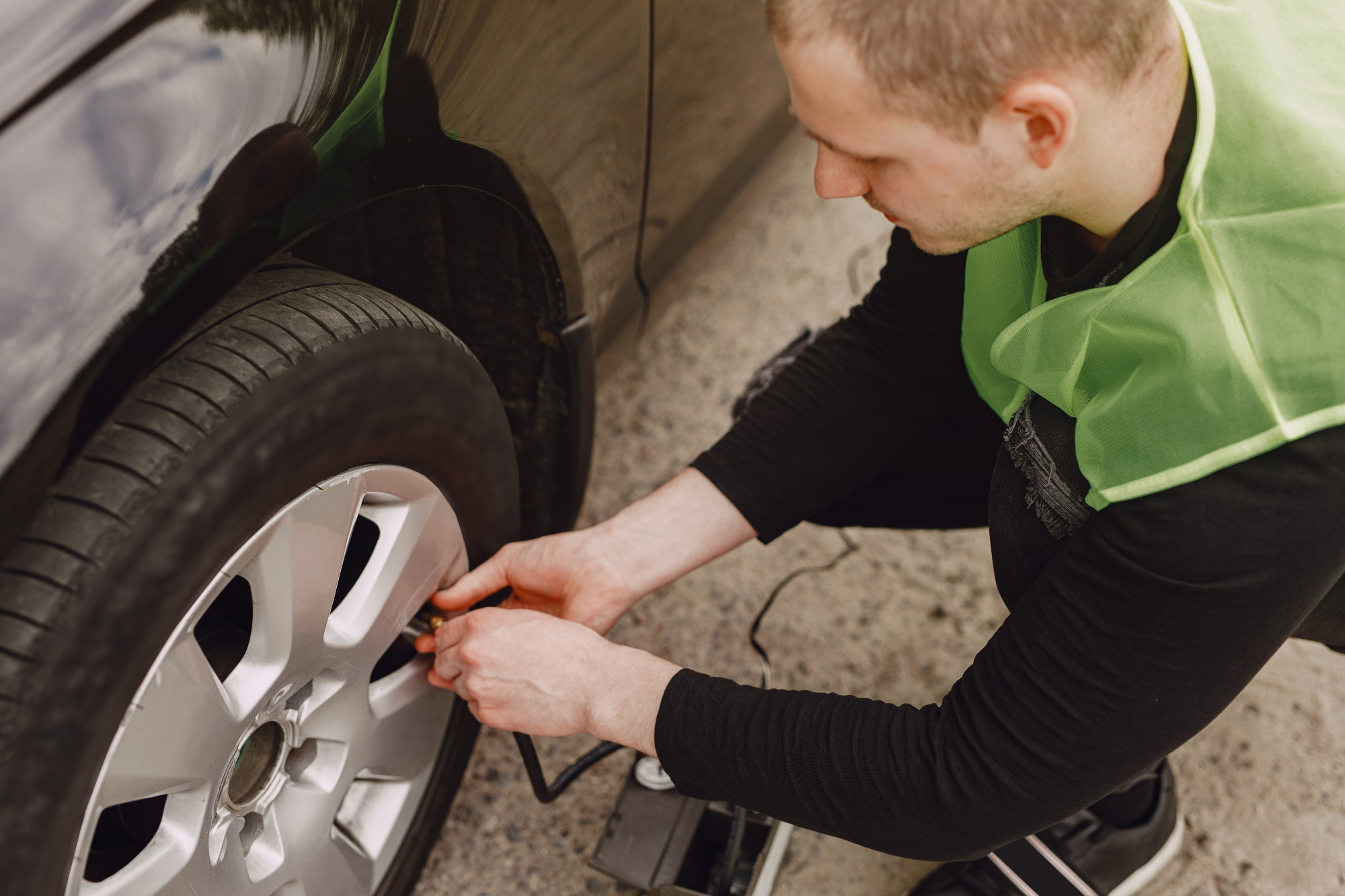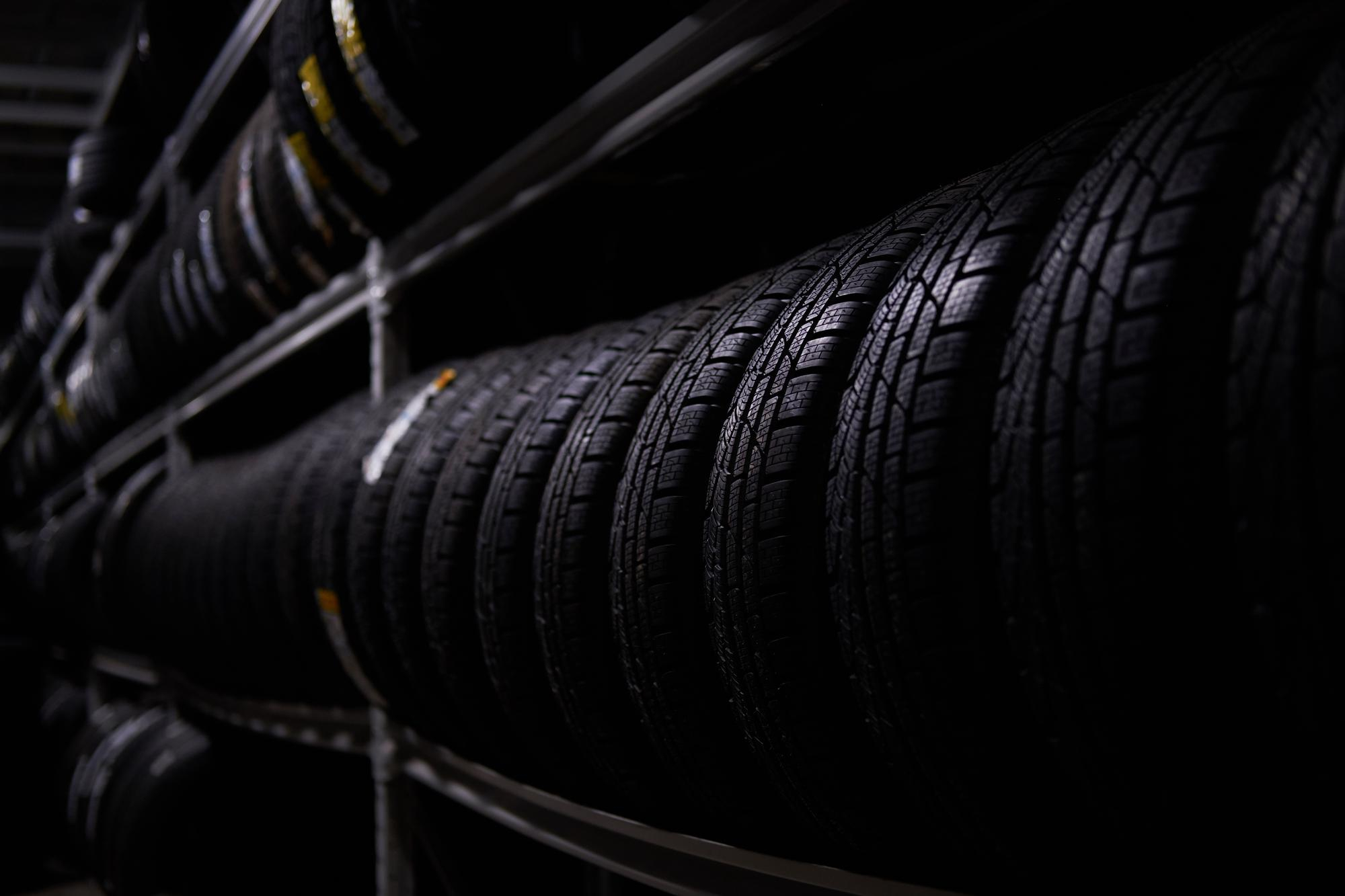We love our SUVs in New Zealand. Whether it’s towing the boat, packing up for a long weekend away, or chucking the gear in for a camping trip — these big vehicles are built for it. But there’s one thing that can turn a great trip into a real headache: overloading your SUV.
It’s easy to underestimate how much weight you’ve packed in, but pushing your SUV past its limits can put you, your passengers, and your tyres at serious risk. Let’s break it down in simple terms what happens when your SUV is overloaded, how to avoid it, and what you need to know about your SUV tyres.
Understanding Weight Limits (Without the Jargon)
Every vehicle has two important weight ratings:
GVWR (Gross Vehicle Weight Rating):
This is the total safe weight of your SUV — including passengers, luggage, fuel, and anything else you’re carrying.
GCWR (Gross Combined Weight Rating):
This includes the total weight of your SUV plus whatever you’re towing — like a trailer or caravan.
You’ll find these numbers on your vehicle’s compliance plate or owner’s manual. If your combined weight goes over these limits, you’re putting serious stress on your brakes, suspension, and especially your SUV tyres.
Common Mistakes Kiwi Drivers Make When Loading Up
Here’s where things often go wrong and yep, we’ve all done at least one of these at some point:
- Not checking the weight rating: You throw in gear, tools, bikes, or a roof box without realising how quickly it adds up.
- Towing without adjusting tyre pressure: When you’re pulling a trailer or loading the boot, your SUV tyre pressure often needs to be bumped up to match the load.
- Using tyres not rated for heavy loads: Not all tyres are created equal. Some aren’t built to carry a heavy load, and that can lead to real trouble.
What Happens When You Overload Your SUV?
Driving an overloaded SUV isn’t just hard on the vehicle — it’s a safety risk. Here’s what could go wrong:
Tyre blowouts:
Too much weight puts heat and pressure on your SUV tyres. That can lead to dangerous tyre failure, especially at high speeds.
Poor braking performance:
More weight means it takes longer to stop — not great if someone pulls out in front of you.
Wobbly handling and reduced control:
You’ll feel it when turning or going downhill. The SUV feels loose or slow to respond.
Faster tyre wear:
Your tread gets chewed up quicker when the vehicle is overloaded and unevenly too. Read our blog to learn more about the tyre wear patterns.
Potential insurance issues:
If you’re in an accident and the vehicle was overloaded, some insurers may not cover it.
How to Avoid Overloading Your SUV
A few simple checks can make a big difference before you hit the road:
- Know your load ratings: Check your GVWR and GCWR — don’t guess.
- Distribute weight evenly: Don’t stack everything on one side or overload the roof.
- Watch your tow ball weight: That downward pressure adds up quickly and can throw off balance.
- Use load-rated SUV tyres: Not all tyres can carry the same weight. Look for tyres with the correct load rating for your vehicle and towing setup.
- Check your tyre pressure regularly: Especially when loaded. Under-inflated tyres are one of the main causes of flat tyres and blowouts under load.
Tyre Safety Tips for Heavy Loads
Your tyres are doing all the hard work when your SUV’s loaded up. Here’s how to keep them in good shape:
- Use tyres rated for SUV or 4WD use — not car tyres. There’s a difference in sidewall strength and load handling.
- Go for reliable tyre brands known for strong sidewalls and consistent road performance.
- Match the load rating of your tyre to your SUV’s needs — especially if you tow regularly.
- Check tread pattern and tread depth before a big trip — and don’t forget the spare tyre!
We stock a wide range of SUV tyres made to handle Kiwi roads, heavy gear, and whatever your weekends throw at you. If you’re not sure what fits best, just reach out — we’re happy to help you get sorted.
Good to Go?
Before your next trip, give your SUV a proper once-over. A quick check of your vehicle weight, your gear, and your SUV tyres can save you from a blown tyre or handling drama down the track.
Whether you’re towing a trailer, heading off-road, or just packing up the family for a weekend away, don’t take chances. Make sure your tyres are ready for the ride — strong, safe, and suited to your load.
Need help picking the right tyre for your SUV? Get in touch — we’ll help you find something that fits your needs and your budget for your next adventure.



